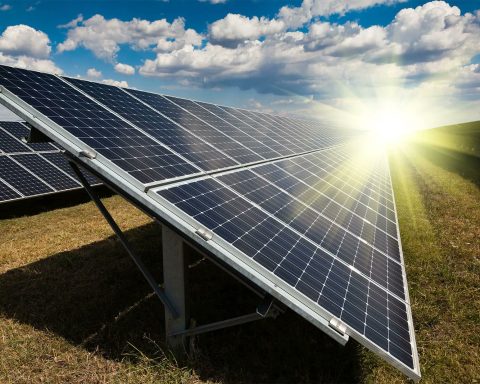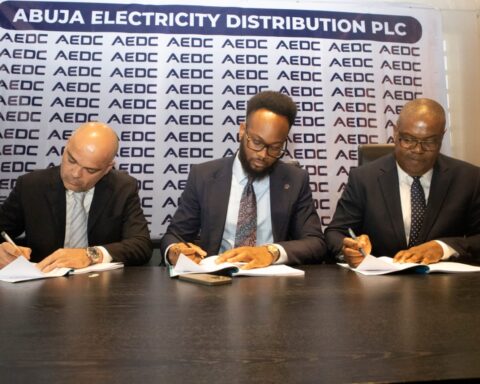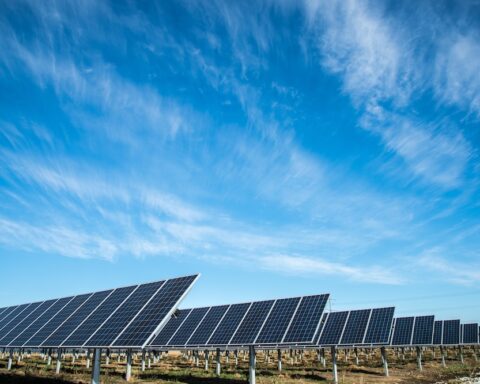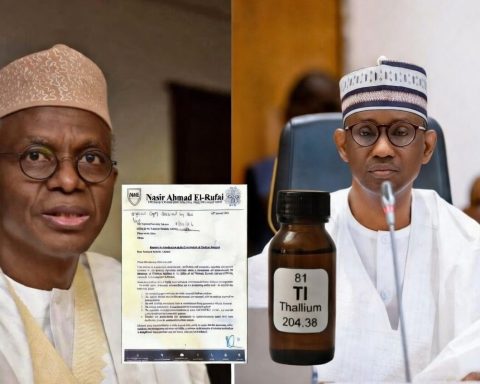The Nigerian government has launched a N100 billion solar electrification programme aimed at reducing energy costs and transitioning public institutions to clean energy.
The initiative, tagged National Public Sector Solarization Initiative (NPSSI), was launched during the signing of a Joint Development Agreement between the Rural Electrification Agency (REA), the Ministry of Finance Incorporated (MOFI), Infrastructure Corporation of Nigeria (InfraCorp), and the Budget Office of the Federation.
Join our WhatsApp ChannelIn a statement on Friday, Abba Aliyu, Managing Director of REA, said: “The NPSSI is a flagship, government-led programme designed to accelerate the deployment of distributed solar energy solutions across Nigeria’s public sector institutions — schools, hospitals, security posts, government offices, and more.”
According to him, the initiative was created with the goal of powering critical infrastructure with clean, reliable energy, while moving away from diesel dependence and reducing the public sector’s carbon footprint.
Aliyu explained the federal government will fully fund Phase 0 of the NPSSI with N100 billion, while subsequent phases will be funded through various innovative financing models such as attracting “private capital from both local and international long-term funders — all under structures that eliminate sovereign guarantees and contingent liabilities.”
READ ALSO: Cost-reflective Electricity Tariff Versus Solar Energy Cost: The Dilemma Of Nigerian Consumers
The REA MD emphasised the collaborative spirit behind the project, saying, “We are witnessing a new era of inter-agency synergy, driven by creativity, fiscal responsibility, and a shared determination to reduce the cost of governance while meeting our national energy transition goals.”
The aim of the project is to cut high electricity bills and costs incurred from the use of diesel-powered generators at public institutions. The initiative also aims to lower carbon emissions through the adoption of renewable energy, promoting environmental sustainability.
According to REA, over 1,000 public institutions, especially in rural and underserved areas across the country, will benefit from the project.
The project is also part of Nigeria’s strategy to become Africa’s leader in clean energy,y achieving the Net-Zero Goal by 2060
Victor Ezeja is a passionate journalist with seven years of experience writing on economy, politics and energy. He holds a Master's degree in Mass Communication.













